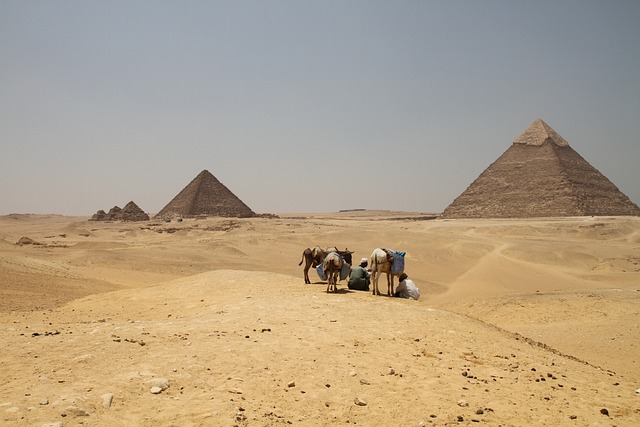Let’s take a stroll down memory lane. The Egyptians, with their majestic pyramids rising against the horizon like colossal time capsules, hold a significant place. Their contributions to writing, architecture, and medicine are mind-blowing. Imagine ancient scribes meticulously etching hieroglyphs, preserving knowledge for centuries to come!
Then we have the Greeks—think of them as the original trendsetters! Philosophy, democracy, and drama? Yep, that all sprouted from their brilliant minds. It’s no exaggeration to say that modern governance and even theater owe a huge nod to Greek innovations. Ever caught yourself quoting Plato or Aristotle? You can thank Greece for that!
And how could we overlook the Romans? Picture them as the master builders of the ancient world, laying the bricks for concepts like engineering and law that govern us even now. Their grand roadways and aqueducts were like ancient superhighways—connecting civilizations like never before.
Let’s not forget the Indus Valley Civilization, whose urban planning could make today’s cities look a bit shabby. With advanced drainage systems and grid layouts, they were ahead of their time—kind of like the futuristic cities in sci-fi movies!
So, as we weave through these ancient threads, it’s clear that each civilization left a mark, some small and others monumental, on the tapestry of human history. Their legacies live on, shaping our cultures, thoughts, and innovations in ways we continue to explore today.
Key Contributions of Mesopotamia, Egypt, and Greece
Now, swing over to ancient Egypt, a land where the Nile didn’t just flow; it shaped a civilization. These crafty engineers built monumental pyramids that were, in essence, their sky-scrapers, reaching towards the heavens. But it wasn’t just grand structures; their understanding of mathematics and astronomy bloomed in the desert. They could tell time with sundials and even predict the annual flooding of the Nile—can you imagine the foresight necessary for farming when you’re at the mercy of the weather?
Then there’s Greece, the philosophical powerhouse. Picture this: Socrates, Plato, and Aristotle lounging around, tossing ideas back and forth like a spirited game of catch. Their thoughts on democracy and ethics laid the groundwork for modern political systems. They also gifted us the Olympics, a celebration of human potential and athletic prowess that still gets our adrenaline pumping every four years.

So, when you take a step back and look at these contributions, it’s like piecing together an intricate tapestry. Each thread—whether it’s writing, architecture, or philosophy—adds depth and color to our understanding of where we come from and how we think today.
How These Civilizations Shaped the World
The Egyptians, with their ingenuity, gave us innovative practices in agriculture and architecture that are still admired today. Their techniques in irrigation were revolutionary, transforming barren lands into fertile fields. It’s comparable to how today’s tech innovations can optimize our busy lives—they paved the way for sustainable living.
Then there’s the Roman Empire, whose intricate road systems might as well be the highways of today. These roads connected diverse cultures and ideas, much like the internet does now. When you think about it, every time you hit “send” on an email, you’re echoing the footsteps of Roman messengers who kept their empire in sync.
And don’t forget about the influence of Eastern civilizations, like the Chinese, who gifted us innovations such as paper and the compass. Just imagine trying to navigate the world without a map or a simple piece of paper to jot down thoughts. Their inventions didn’t just alter daily life; they transformed communication and exploration itself.
These civilizations didn’t just shape their eras; they chiseled pathways for us, leaving behind a legacy that interconnects history with our contemporary lives. Each advancement, each idea, is like a thread in the rich tapestry of human progress that we continue to weave today. So, next time you marvel at your surroundings, remember—many voices from the past helped create this beautiful chorus we call life.
























Add comment